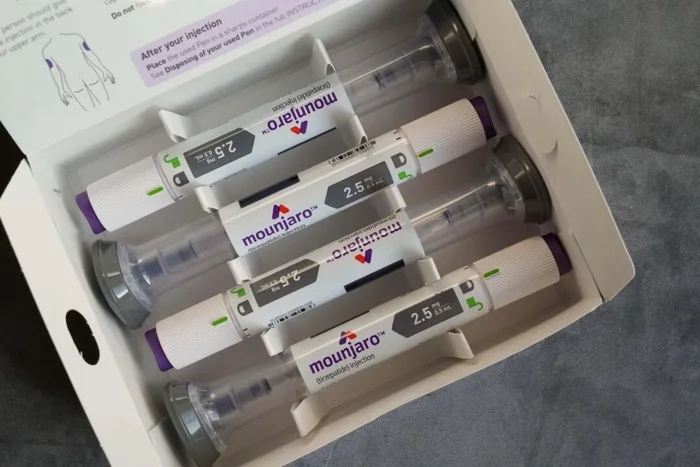By Chase Smith
The FDA has officially removed popular weight loss drugs, including Lilly’s Mounjaro and Zepbound, from its drug shortage list, signaling the end of a nearly two-year period of scarcity that allowed compounding pharmacies to produce more affordable versions of these medications.
“FDA confirmed with the drug’s manufacturer that their stated product availability and manufacturing capacity can meet the present and projected national demand,” the agency said.
The shortage, which stemmed from skyrocketing demand, had opened the door for third-party compounders to create alternatives under special FDA rules designed to address supply issues.
With the resolution of the shortage, these compounding pharmacies are now restricted from producing the cheaper knock-off versions, marking a possible shift in access to lower-cost options for patients seeking the popular weight loss treatments.
Lilly, formerly Eli Lilly, confirmed to the FDA that its production capacity can now meet the current and future demand for tirzepatide, the active ingredient in both Mounjaro and Zepbound.
The FDA, in a statement on Oct. 2, announced the removal of the drugs from the shortage list and issued guidance “clarifying” policies for compounders—the rules of which are not subject to the same stringent safety and efficacy evaluations as FDA-approved drugs.
Under section 503A of the Food, Drug, and Cosmetic Act (FD&C Act), traditional compounding pharmacies are prohibited from creating essentially identical copies of commercially available drugs unless there is an ongoing shortage.
Larger compounding facilities, which fall under section 503B, have a 60-day grace period to cease production of compounded tirzepatide. Once this period ends, they, too, will be barred from offering compounded versions of the drug.
Lilly has launched initiatives such as LillyDirect to offer discounted options for its FDA-approved versions like Mounjaro and Zepbound.
According to Christopher Durham, host of The Downsized podcast and a GLP-1 user, expressed concern that the removal of tirzepatide from the FDA’s shortage list could severely limit access to affordable compounded alternatives, particularly from 503B facilities.
“This news has the potential to end or dramatically decrease the compounding of tirzepatide, which could directly affect the tens of thousands of Americans relying on compounded medications,” Durham, who has seen personal success using GLP-1 drugs, said in a recent episode of the podcast explaining the issue.
Durham said the change could force patients back to expensive brand-name drugs, and some may have to go without treatment because of cost barriers.
The FDA noted that while the nationwide shortage is resolved, localized supply issues and difficulties accessing certain doses may persist as the supply chain stabilizes.
The implications of the FDA’s decision could be far-reaching, not only for patients but also for the broader pharmaceutical industry. Compounding pharmacies are now restricted to producing tirzepatide-based medications in limited circumstances to address patient-specific needs like allergies or alternative formulations.
The company has invested heavily in scaling up its production capacity, including an announcement on Oct. 2 that it will spend $4.5 billion on a new Medicine Foundry in Indiana that combines research and manufacturing to “scale global access to clinical supply for Lilly’s growing pipeline.”
Earlier this year, Lilly announced a $9 billion manufacturing investment, accounting for a total investment of more than $18 billion since 2020, to build, upgrade, and acquire facilities in the United States and Europe.






